
How the king sent messengers to Samarcand to fetch the goldsmith فرستادن پادشاه رسولان به سمرقند به آوردن زرگر
شه فرستاد آن طرف یک دو رسول
حاذقان و کافیان بس عدول
The king sent thither one or two messengers, clever men and competent and very just.
تا سمرقند آمدند آن دو امیر
پیش آن زرگر ز شاهنشه بشیر
Those two Amírs came to Samarcand and went to the goldsmith, bearing the good news from the king.
کای لطیف استاد کامل معرفت
فاش اندر شهرها از تو صفت
Saying, “O fine master, perfect in knowledge, thou whose quality (of perfection in thy craft) is famous in (all) the lands,
نک فلان شه از برای زرگری
اختیارت کرد زیرا مهتری
Lo, such-and-such a king hath chosen thee for (thy skill in) the goldsmith’s craft, because thou art eminent.
اینک این خلعت بگیر و زر و سیم
چون بیایی خاص باشی و ندیم
Look now, receive this robe of honour and gold and silver; when thou comest (to the king), thou wilt be a favourite and boon-companion.”
مرد مال و خلعت بسیار دید
غره شد از شهر و فرزندان برید
The man saw the much wealth and the many robes: he was beguiled, he parted from his town and children.
اندر آمد شادمان در راه مرد
بیخبر کان شاه قصد جانش کرد
Blithely the man came into the road, unaware that the king had formed a design against his life.
اسب تازی بر نشست و شاد تاخت
خونبهای خویش را خلعت شناخت
He mounted an Arab horse and sped on joyously: (what really was) the price of his blood he deemed a robe of honour.
ای شده اندر سفر با صد رضا
خود به پای خویش تا سوء القضا
O (fool), who with a hundred consents thyself with thine own foot didst enter on the journey to the fated ill!
در خیالش ملک و عز و مهتری
گفت عزرائیل رو آری بری
In his fancy (were dreams of) riches, power, and lordship. Said ‘Azrá‘íl (the Angel of Death), “Go (thy way). Yes, thou wilt get (them)!”
چون رسید از راه آن مرد غریب
اندر آوردش به پیش شه طبیب
When the stranger arrived (and turned) from the road, the physician brought him into the presence of the king.
سوی شاهنشاه بردندش به ناز
تا بسوزد بر سر شمع طراز
Proudly and delicately they conducted him to the king of kings, that he might burn (like a moth) on that candle of Tiráz.
شاه دید او را بسی تعظیم کرد
مخزن زر را بدو تسلیم کرد
The king beheld him, showed great regard (for him), and entrusted to him the treasure house (full) of gold.
پس حکیمش گفت کای سلطان مه
آن کنیزک را بدین خواجه بده
Then the physician said to him: “O mighty Sultan, give the handmaiden to this lord,
تا کنیزک در وصالش خوش شود
آب وصلش دفع آن آتش شود
In order that the handmaiden may be happy in union with him, and that the water of union with him may put out the fire (of passion).”
شه بدو بخشید آن مه روی را
جفت کرد آن هر دو صحبت جوی را
The king bestowed on him that moon-faced one and wedded those twain (who were) craving (each other’s) company.
مدت شش ماه میراندند کام
تا به صحت آمد آن دختر تمام
During the space of six months they were satisfying their desire, till the girl was wholly restored to health.
بعد از آن از بهر او شربت بساخت
تا بخورد و پیش دختر میگداخت
Thereafter he prepared for him a potion, so that when he drank it he began to dwindle away before her.
چون ز رنجوری جمال او نماند
جان دختر در وبال او نماند
When because of sickness his beauty remained not, the soul of the girl remained not in his pestilence (deadly toils).
چون که زشت و ناخوش و رخ زرد شد
اندک اندک در دل او سرد شد
Since he became ugly and ill-favoured and sallow-cheeked, little by little he became cold (irksome and unpleasing) in her heart.
عشقهایی کز پی رنگی بود
عشق نبود عاقبت ننگی بود
Those loves which are for the sake of a colour (outward beauty) are not love: in the end they are a disgrace.
کاش کان هم ننگ بودی یک سری
تا نرفتی بر وی آن بد داوری
Would that he too had been disgrace (deformity) altogether, so that that evil judgement might not have come to pass upon him!
خون دوید از چشم همچون جوی او
دشمن جان وی آمد روی او
Blood ran from his eye (that flowed with tears) like a river; his (handsome) face became the enemy of his life.
دشمن طاوس آمد پر او
ای بسی شه را بکشته فر او
The peacock’s plumage is its enemy: O many the king who hath been slain by his magnificence!
گفت من آن آهوم کز ناف من
ریخت این صیاد خون صاف من
He said, “I am the muskdeer on account of whose gland this hunter shed my pure (innocent) blood.
ای من آن روباه صحرا کز کمین
سر بریدندش برای پوستین
Oh, I am the fox of the field whose head they (the hunters springing forth) from the covert cut off for the sake of the fur.
ای من آن پیلی که زخم پیل بان
ریخت خونم از برای استخوان
Oh, I am the elephant whose blood was shed by the blow of the mahout for the sake of the bone (ivory).
آن که کشتستم پی مادون من
مینداند که نخسبد خون من
He who hath slain me for that which is other than I, does not he know that my blood sleepeth not (will not rest unavenged)?
بر من است امروز و فردا بر وی است
خون چون من کس چنین ضایع کی است
To-day it lies on me and to-morrow it lies on him: when does the blood of one such as I am go to waste like this?
گر چه دیوار افکند سایهی دراز
باز گردد سوی او آن سایه باز
Although the wall casts a long shadow, (yet at last) the shadow turns back again towards it.
این جهان کوه است و فعل ما ندا
سوی ما آید نداها را صدا
This world is the mountain, and our action the shout: the echo of the shouts comes (back) to us.”
این بگفت و رفت در دم زیر خاک
آن کنیزک شد ز عشق و رنج پاک
He said this and at the (same) moment went under the earth (gave up the ghost). The handmaiden was purged of love and pain,
ز انکه عشق مردگان پاینده نیست
ز انکه مرده سوی ما آینده نیست
Because love of the dead is not enduring, because the dead one is never coming (back) to us;
عشق زنده در روان و در بصر
هر دمی باشد ز غنچه تازهتر
(But) love of the living is every moment fresher than a bud in the spirit and in the sight.
عشق آن زنده گزین کاو باقی است
کز شراب جان فزایت ساقی است
Choose the love of that Living One who is everlasting, who gives thee to drink of the wine that increases life.
عشق آن بگزین که جمله انبیا
یافتند از عشق او کار و کیا
Choose the love of Him from whose love all the prophets gained power and glory.
تو مگو ما را بدان شه بار نیست
با کریمان کارها دشوار نیست
Do not say, “We have no admission to that King.” Dealings with the generous are not difficult.
Special Offers
by: Reza about (category: Masnavi)


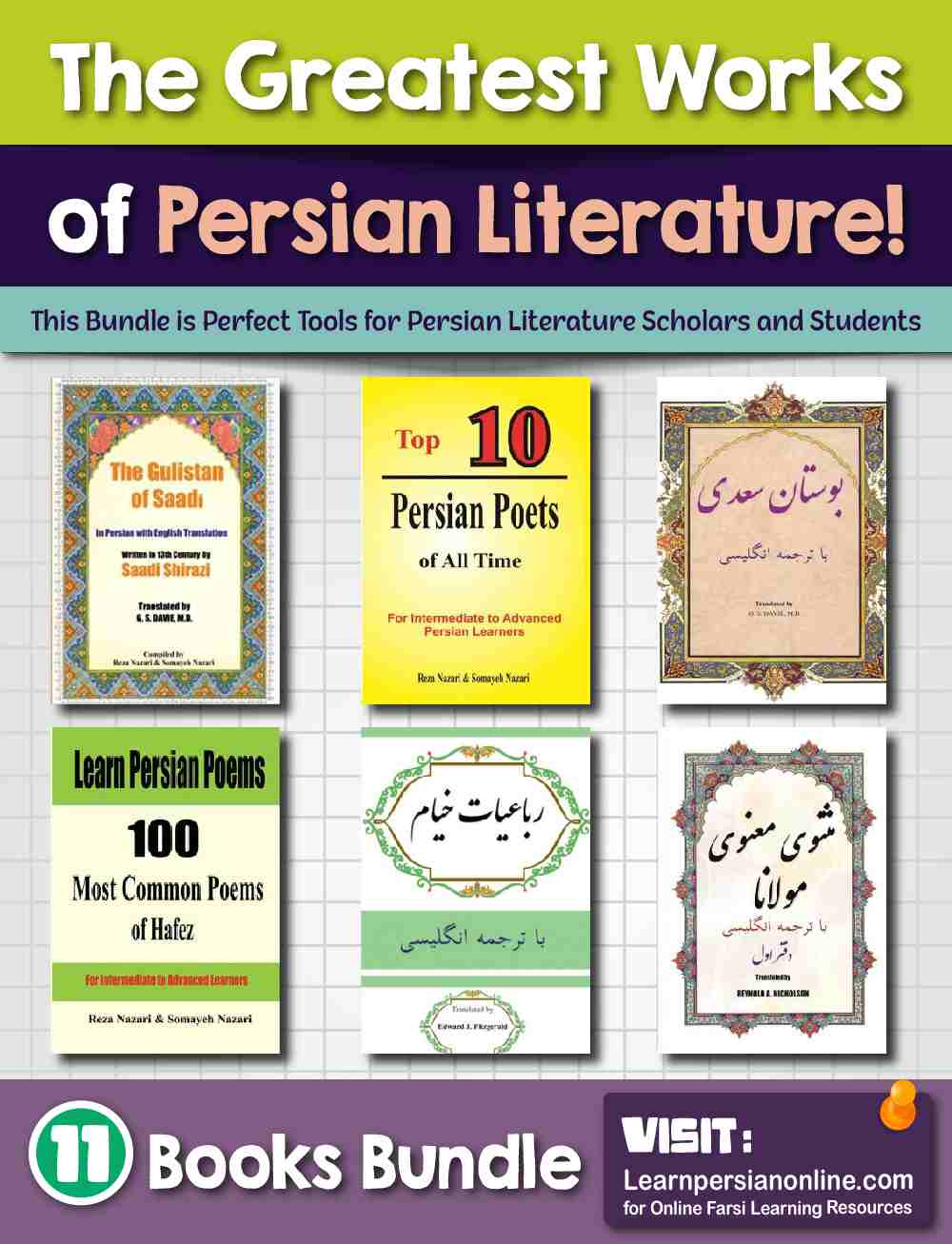
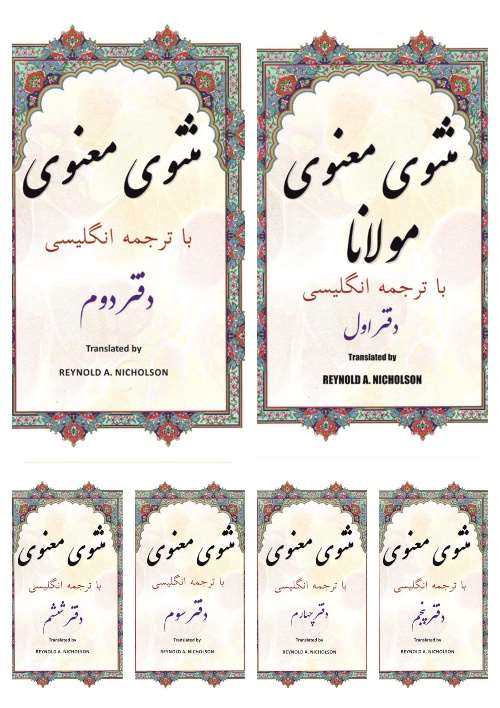
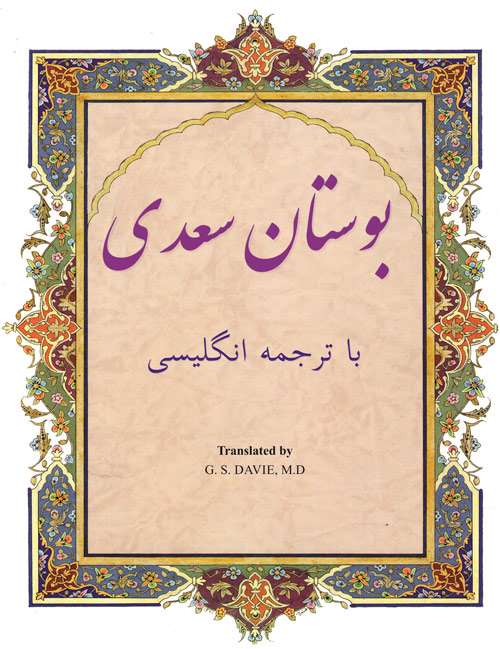
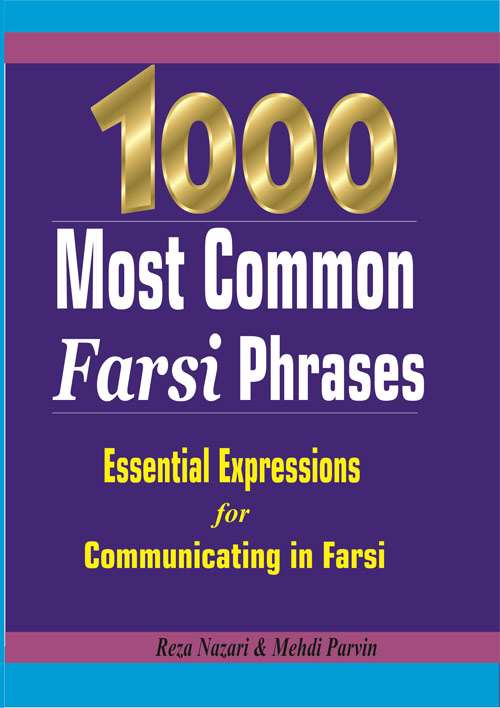
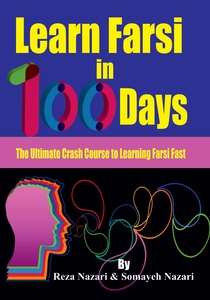






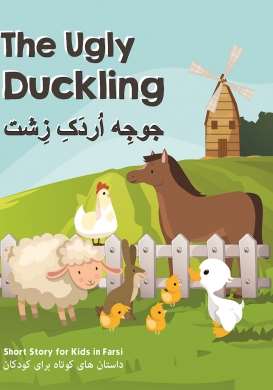
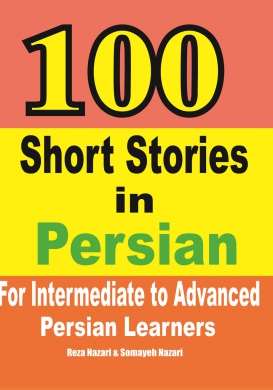
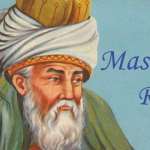
What people say about "How the king sent messengers to Samarcand"?
No one replied yet.